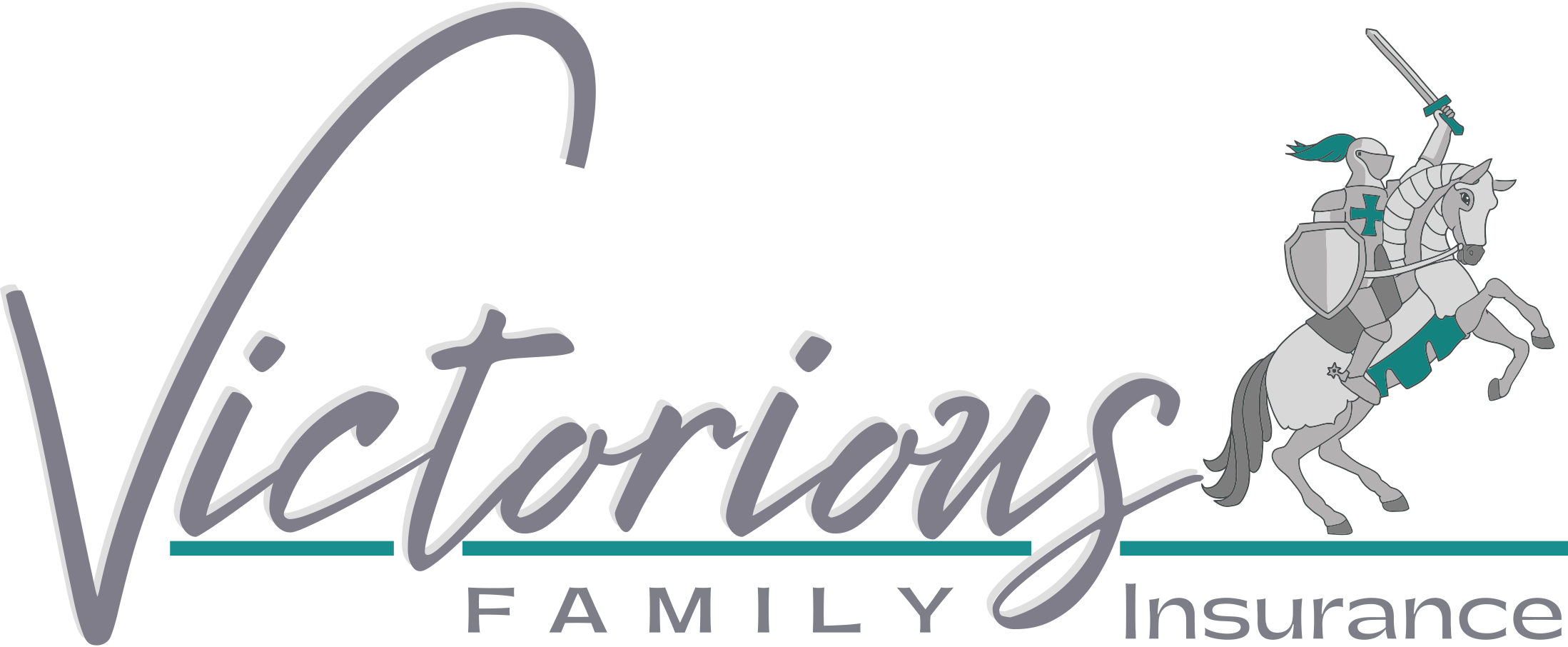As an Indianapolis resident, you know that driving around the city and throughout the state is an essential part of life. While Indianapolis is known for its major highways like I-465 and I-70, a flat tire or dead battery can strike at any time, even on a familiar residential street. It is vital to be prepared for the unexpected, and purchasing roadside assistance on your auto insurance policy is one option. But is it the right choice for you?
This blog post will help Indianapolis drivers weigh the pros and cons of adding roadside assistance to their auto insurance.
Pros of purchasing roadside assistance on your auto insurance policy
Low-cost convenience
Adding roadside assistance to your existing auto policy is often the most affordable option, typically costing as little as $15 to $30 per year. With a few clicks, you can add the coverage to your current policy, making it a hassle-free addition.
Financial protection
The cost of a single tow in Indianapolis can drain your wallet. Roadside assistance can help you avoid these hefty, out-of-pocket expenses for services like towing, jump-starts, and flat tire changes. Some Indianapolis tow companies charge a fee just for showing up, and prices increase for factors like distance and vehicle type.
Streamlined emergency process
When a vehicle issue occurs, your insurance company can dispatch a technician from their network of providers, saving you the stress of finding a reliable towing company yourself. Reputable Indianapolis insurance agents can help coordinate services, so all you need to do is make one phone call.
Hoosier Helpers program on interstates
Indianapolis drivers also have an added layer of free assistance on Indiana interstates. The Indiana Department of Transportation (INDOT) sponsors the Hoosier Helper Safety Service Patrol, which assists stranded motorists on major highways, including I-465 and I-70. They can provide assistance, control traffic at crash sites, and offer limited roadside help.
Cons of purchasing roadside assistance on your auto insurance policy
Limited towing distance
The towing coverage provided by auto insurance policies is often more restrictive than those of standalone providers like AAA. Many insurance policies limit towing to the “nearest towing facility,” which can leave you with additional out-of-pocket costs if you prefer to have your vehicle taken to a different location.
Potentially counts as a claim
Depending on your insurance provider, using your roadside assistance coverage can count as a claim, which could potentially impact your premium rates. Some carriers may even choose not to renew your policy if you use it frequently. Before adding this coverage, confirm with your agent how they handle roadside assistance claims.
Slower response times
Since insurance companies use national networks of towing providers, they often act as a middleman between you and a local provider. This can sometimes lead to longer response times compared to working directly with a local Indianapolis towing service.
Not comprehensive like a motor club
Insurance-based roadside assistance focuses on basic services. It doesn’t typically come with the additional perks offered by motor clubs like AAA, such as travel discounts, hotel savings, or comprehensive trip planning services.
The bottom line for Indianapolis drivers
For Indianapolis residents, the decision between adding roadside assistance to your auto insurance policy versus choosing a standalone provider depends on your priorities and driving habits.
- For the budget-conscious driver, adding the low-cost, insurance-based coverage provides peace of mind for minor, local emergencies like a dead battery or flat tire.
- For the frequent traveler or those with older vehicles, a comprehensive motor club plan might be the better investment, offering greater flexibility and a wider range of services.
By weighing these factors, you can make an informed decision to ensure you have the right protection for your driving needs in Indianapolis and beyond.
